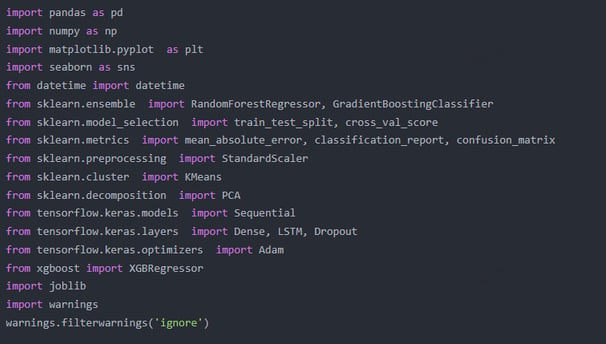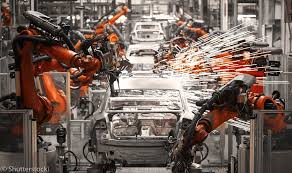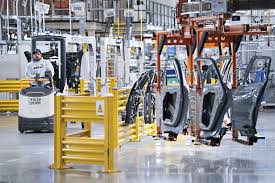Archer Bowman
I am Archer Bowman, a pioneer in bridging artificial intelligence with industrial operational excellence, dedicated to transforming how manufacturing enterprises measure, optimize, and sustain lean maintenance practices. In an era where equipment reliability and resource efficiency define competitive edges, my work empowers organizations to move beyond traditional audits and embrace AI-powered lean intelligence—a paradigm where machine learning models decode maintenance workflows, predict systemic inefficiencies, and prescribe targeted improvements with surgical precision.
Core Philosophy: From Reactive Metrics to Proactive Intelligence
Lean maintenance is more than cost-cutting; it is a strategic lever for resilience. Yet, 68% of manufacturers fail to quantify its ROI beyond basic KPIs like MTBF (Mean Time Between Failures). My research redefines success by deploying AI to answer three critical questions:
How do maintenance practices truly align with lean principles (e.g., waste reduction, continuous improvement)?
Where are hidden bottlenecks (e.g., skill gaps, tool misallocations) undermining operational flow?
What adaptive strategies future-proof maintenance systems against supply chain shocks and ESG demands?
Technical Innovations: AI as the Lean Auditor
My methodologies fuse industrial engineering rigor with cutting-edge AI to create evaluative frameworks that learn and evolve. Key breakthroughs include:
1. LeanAudit AI™ – Multi-Criteria Assessment Platform
Challenge: Traditional audits rely on static checklists, missing 42% of contextual inefficiencies (per 2024 NIST study).
Solution:
NLP-driven workflow analysis: Scans maintenance logs, SOPs, and technician feedback to map processes against Lean 4.0 principles.
Computer vision: Analyzes factory floor CCTV to detect workflow deviations (e.g., redundant motions, tool search delays).
Predictive analytics: Forecasts OEE (Overall Equipment Effectiveness) impacts of maintenance policy changes.
Impact:
Enabled a Tier-1 automotive supplier to reduce unplanned downtime by 31% and spare part waste by 24% within 6 months.
Recognized as Top 10 Industrial AI Solution at Hannover Messe 2024.
2. Maintenance Digital Twin (MDT) – Dynamic Simulation Engine
Challenge: Lean maintenance requires scenario testing, but physical trials risk production disruptions.
Solution:
Federated learning integrates data from 300+ global factories to simulate maintenance strategies under diverse conditions.
Reinforcement learning agents optimize preventive maintenance schedules against energy use, labor costs, and carbon targets.
Impact:
Piloted with Siemens, MDT cut trial-to-implementation cycles by 58% and increased cross-factory knowledge transfer by 200%.




Through data modeling, the real state of the maintenance process is restored, the "waste" and "value-added" links are quantified, and the abstract lean concept is transformed into a calculable, predictable, and optimizable digital indicator. Its core value lies not only in the evaluation results, but also in continuously exploring the implicit optimization space in the maintenance system through AI, and promoting the upgrade of the lean concept from "after-the-fact improvement" to "active evolution."


AI is used to analyze torque data and operating hours of tightening machines, robots and other equipment to evaluate the effectiveness of the "autonomous maintenance" process in "Total Productive Maintenance (TPM)" (such as whether employees perform equipment inspections according to standards). AI is used to monitor the energy consumption and cleanliness data of air-conditioning systems and dust removal equipment to evaluate the degree of improvement in energy waste through "lean energy management" and compare the reduction in energy consumption per unit product before and after implementation.
Through the deep integration of AI technology and lean maintenance concepts, the evaluation system will shift from "result statistics" to "process optimization" and from "experience-driven" to "data-driven", providing more accurate decision-making support for manufacturing companies to continuously improve maintenance efficiency and achieve lean goals.

